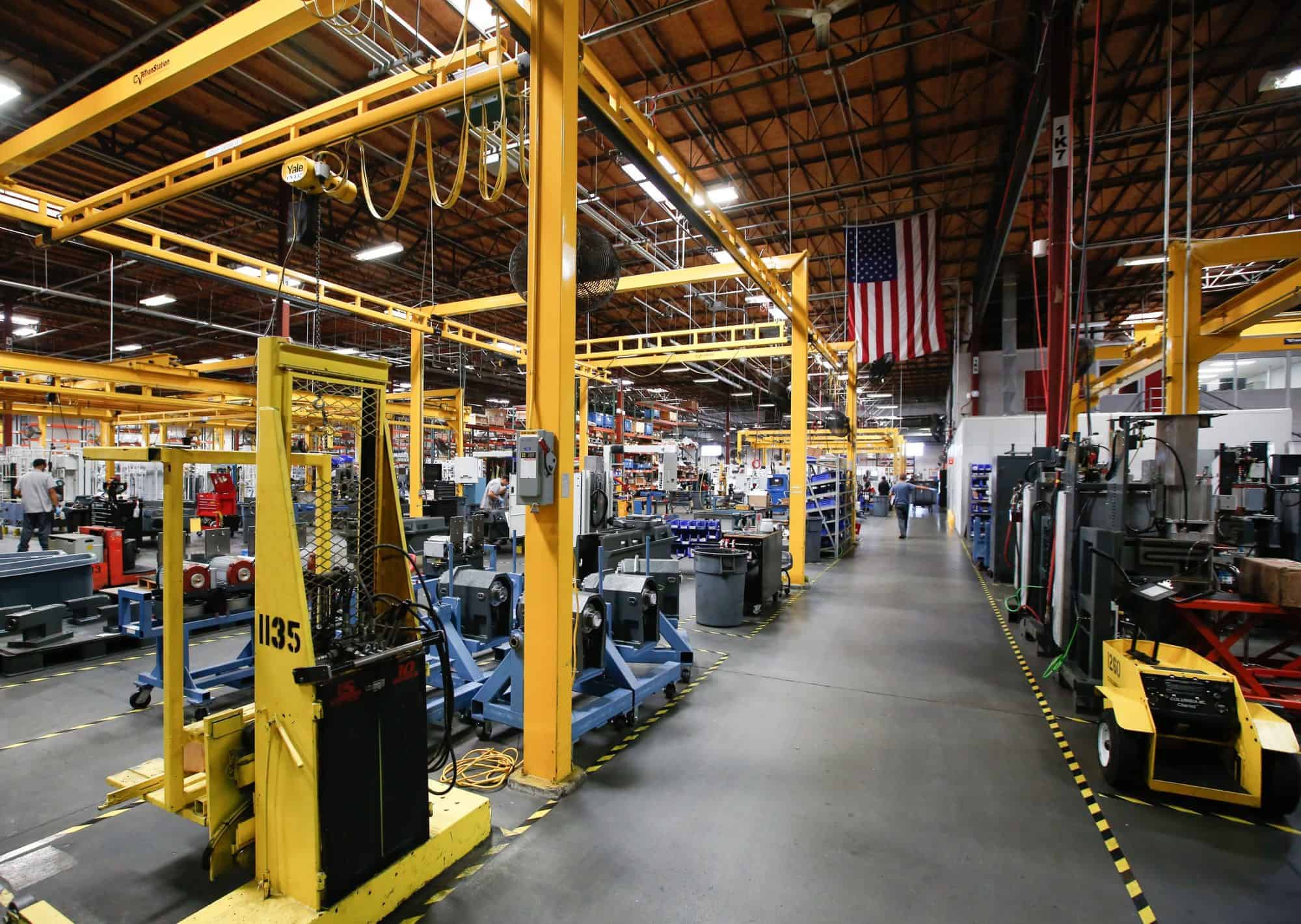What to Expect in 2020 on Legal Issues in Manufacturing

The Manufacturers’ Center for Legal Action is the voice for manufacturers in the courts, fighting to advance policy objectives and advocate for strategic manufacturing interests. National Association of Manufacturers Senior Vice President, General Counsel and Corporate Secretary Linda Kelly leads the MCLA. Here she breaks down manufacturers’ biggest victories in 2019 and what is ahead for 2020.
What were the key legal issues for manufacturers this year?
Manufacturers face all sorts of issues in the courts. And even though only one company’s name may be on a case, the outcome can have profound effects across the entire industry on everything from project permitting to free speech.
This year, we filed amicus—or “friend of the court”—briefs in 74 cases. These address issues like regulatory overreach, product liability, labor and employment law, environmental issues, arbitration, class actions, free speech of manufacturers, ERISA, Alien Tort Statute, tax and international issues. If it matters to manufacturers, we’re on it.
We are also part of a dozen ongoing cases, including ones related to tax incentives, regulatory certainty and the manufacturing workforce. In the environmental space, the NAM has intervened in several cases to protect sensible pro-manufacturing regulatory reforms.
What legal wins did manufacturers accomplish in 2019?
We saw big wins this year invalidating the onerous Waters of the United States rule, preserving energy infrastructure projects, protecting Clean Air Act permitting reforms, securing manufacturers’ rights against government compelled speech, reversing overbroad collective bargaining interpretations by the National Labor Relations Board and more.
What does the invalidation of the 2015 Waters of the United States rule mean for manufacturers?
In two words: clarity and certainty. The 2015 rule was bafflingly unclear and uncertain. It left manufacturers to wonder whether wet areas on their property required a federal permit for any commercial activity there—at the risk of fines of $50,000 per day or more for the “wrong” interpretation. Two federal courts invalidated the rule in response to NAM litigation, which followed a NAM-led win in the U.S. Supreme Court in 2018 that allowed those cases to move forward. Soon thereafter, the EPA formally rescinded the rule.
What legal issues should manufacturers pay attention to in 2020?
Federal agencies will continue their regulatory reform efforts, and groups opposed to those reforms will continue to sue to block them. The MCLA stands ready to intervene in those cases or file briefs to provide the manufacturing perspective to the courts.
We are likely to see appellate court rulings next year interpreting whether making and selling energy products is a “public nuisance” for which companies can be held liable. We are confident the courts will apply the law fairly and reject these groundless lawsuits. But if a court finds in favor of the plaintiffs, we could see the U.S. Supreme Court again weigh in on the scope of public nuisance law.
Plaintiffs’ lawyers will keep trying to twist legal precedent to profit at the expense of manufacturers, and the MCLA will fight them every step of the way to benefit the people who make things in America.
